Claude Rains
Born William Claude Rains 10 November 1889 Clapham, London, England
Died 30 May 1967 (aged 77) Laconia, New Hampshire, U.S.
Alma mater Royal Academy of Dramatic Art
Occupation Actor Years active 1900–1965
Spouse(s) Isabel Jeans
William Claude Rains (10 November 1889 – 30 May 1967) was a British actor whose career spanned almost seven decades. After his American film debut as Dr. Jack Griffin in The Invisible Man (1933), he appeared in such highly regarded films as The Adventures of Robin Hood (1938), Mr. Smith Goes to Washington (1939), The Wolf Man (1941), Casablanca and Kings Row (both 1942), Notorious (1946), Lawrence of Arabia (1962), and The Greatest Story Ever Told (1965).
He was a Tony Award-winning actor and was a four-time nominee for the Academy Award for Best Supporting Actor.
Rains was considered to be "one of the screen's great character stars" who was, according to the All-Movie Guide, "at his best when playing cultured villains". During his lengthy career, he was greatly admired by many of his acting colleagues, such as Bette Davis, Vincent Sherman, Ronald Neame, Albert Dekker, Peter O'Toole, John Gielgud, Charles Laughton and Richard Chamberlain.
Early life
William Claude Rains was born on 10 November 1889 in Clapham, London.[3] His parents were Emily Eliza (née Cox) and the stage actor Frederick William Rains. He lived in the slums of London, and, in his own words, on "the wrong side of the river Thames". Rains was one of twelve children, all but three dying of malnutrition when still infants. His mother took in boarders in order to support the family. According to his daughter, Jessica Rains, he grew up with "a very serious Cockney accent and a speech impediment" which took the form of a stutter, causing him to call himself "Willie Wains". His accent was so strong that his daughter could not understand a word he said when he used it to sing old Cockney songs to her or purposely used it to playfully annoy her. Rains left school after the third year to sell newspapers so that he could bring the pennies and halfpennies home for his mother. He sang in the Farm Street Church choir, which also brought him a few pence to take home.
Because his father was an actor, the young Rains would spend time in theatres and was surrounded by actors and stagehands. There he observed actors as well as the day-to-day running of a theatre. Rains made his stage debut at age ten in the play Sweet Nell of Old Drury at the Haymarket Theatre, so that he could run around onstage as part of the production. He slowly worked his way up in the theatre, becoming a call boy (telling actors when they were due on stage) at His Majesty's Theatre and later a prompter, stage manager, understudy, and then moving on from smaller parts with good reviews to larger, better parts.
After the war ended, Rains remained in England and continued to develop his acting talents. These talents were recognised by Sir Herbert Beerbohm Tree, the founder of the Royal Academy of Dramatic Art. Tree told Rains that in order to succeed as an actor, he would have to get rid of his Cockney accent and speech impediment. With this in mind, Tree paid for the elocution books and lessons that Rains needed to help him change his voice. Rains eventually shed his accent and speech impediment after practising every day. His daughter Jessica, when describing her father's voice, said, "The interesting thing to me was that he became a different person. He became a very elegant man, with a really extraordinary Mid-Atlantic accent. It was 'his' voice, nobody else spoke like that, half American, half English and a little Cockney thrown in." Soon after changing his accent, he became recognised as one of the leading stage actors in London. At age 29, he played the role of Clarkis in his only silent film, the British film Build Thy House (1920).
During his early years, Rains taught at the Royal Academy of Dramatic Arts (RADA). John Gielgud and Charles Laughton were among his students. In an interview for Turner Classic Movies, Gielgud fondly remembered Rains:
I learnt a great deal about acting from this gentleman. Claude Rains was one of my teachers at RADA. In fact he was one of the best and most popular teachers there. He was extremely attractive and needless to say, all the girls in my class were hopelessly in love with him. He had piercing dark eyes and a beautifully throaty voice, although he had, like Marlene Dietrich, some trouble with the letter 'R'. He lacked inches and wore lifts to his shoes to increase his height. Stocky but handsome, Rains had broad shoulders and a mop of thick brown hair which he brushed over one eye. But by the time I first met him in the 1920s he was already much in demand as a character actor in London. I found him enormously helpful and encouraging to work with. I was always trying to copy him in my first years as an actor, until I decided to imitate Noël Coward instead.
In her 1987 memoir, This 'N That, Bette Davis revealed that Rains (with whom she shared the screen four times in Juarez; Now, Voyager; Mr. Skeffington; and Deception) was her favorite co-star. Rains became the first actor to receive a million-dollar salary when he portrayed Julius Caesar in a large-budget but the unsuccessful version of Shaw's Caesar and Cleopatra (1945), filmed in Britain. Shaw apparently chose him for the part, although Rains intensely disliked Gabriel Pascal, the film's director and producer.[19] Rains followed it with Alfred Hitchcock's Notorious (1946) as a refugee Nazi agent opposite Cary Grant and Ingrid Bergman. Back in Britain, he appeared in David Lean's The Passionate Friends (1949).
Rains in Notorious (1946)
His only singing and dancing role was in a 1957 television musical version of Robert Browning's The Pied Piper of Hamelin, with Van Johnson as the Piper. The NBC colour special, broadcast as a film rather than a live or videotaped program, was highly successful with the public. Sold into syndication after its first telecast, it was repeated annually by many local US TV stations.
Rains remained active as a character actor in the 1950s and 1960s, appearing in films and as a guest in television series. He ventured into science fiction for Irwin Allen's The Lost World (1960) and Antonio Margheriti's Battle of the Worlds (1961). Two of his late screen roles were as Dryden, a cynical British diplomat in Lawrence of Arabia (1962) and King Herod in The Greatest Story Ever Told (1965), his last film. In CBS's Rawhide, he portrayed Alexander Langford, an attorney in a ghost town, in the episode "Incident of Judgement Day" (1963).
He additionally made several audio recordings, narrating some Bible stories for children on Capitol Records, and reciting Richard Strauss's setting for narrator and piano of Tennyson's poem Enoch Arden, with the piano solos performed by Glenn Gould. He starred in The Jeffersonian Heritage, a 1952 series of 13 half-hour radio programs recorded by the National Association of Educational Broadcasters and syndicated for commercial broadcast on a sustaining (i.e., commercial-free) basis.
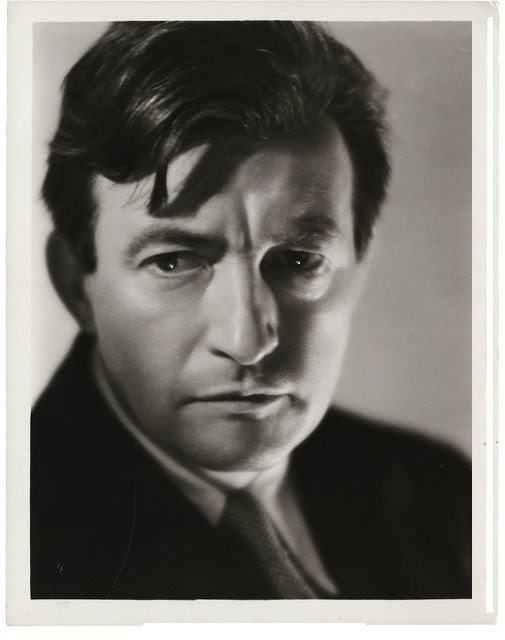
 Amanda S. Stevenson
Amanda S. Stevenson 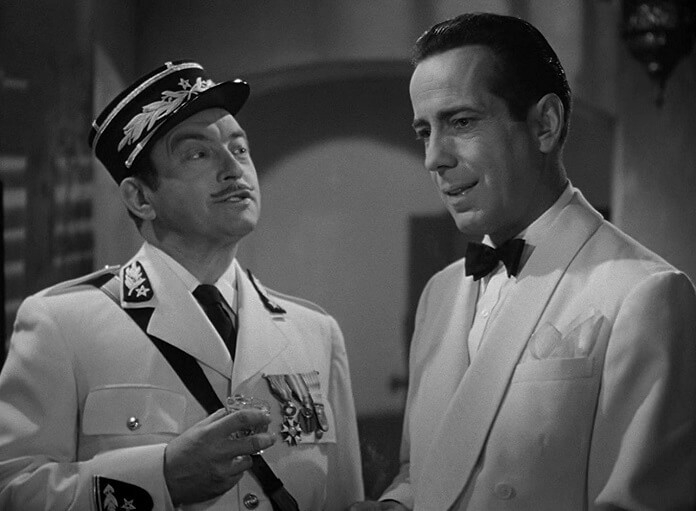
 Amanda S. Stevenson
Amanda S. Stevenson 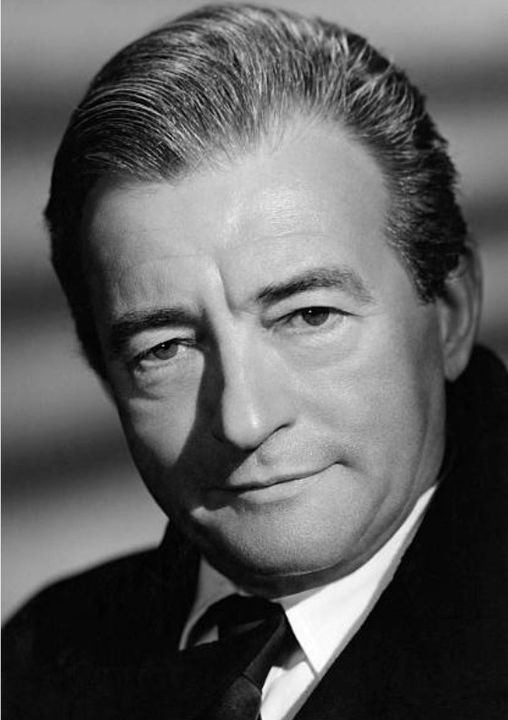
 Amanda S. Stevenson
Amanda S. Stevenson 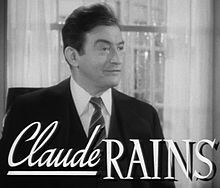
 Amanda S. Stevenson
Amanda S. Stevenson 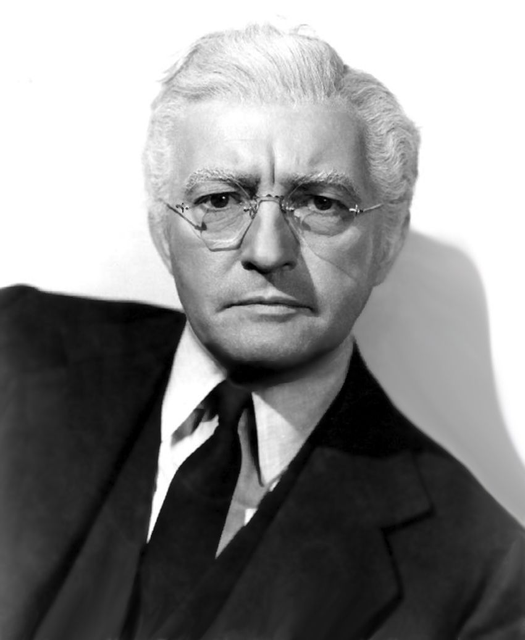
 Amanda S. Stevenson
Amanda S. Stevenson 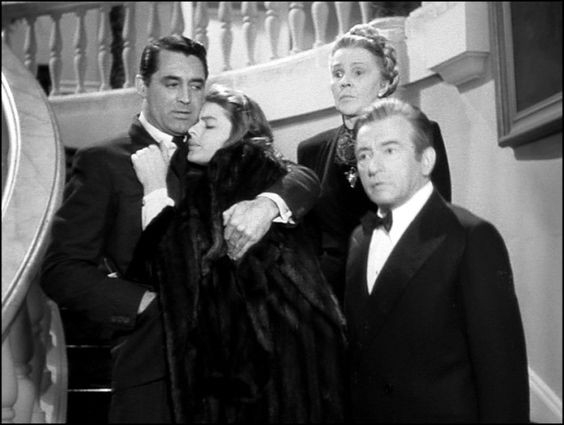
 Amanda S. Stevenson
Amanda S. Stevenson 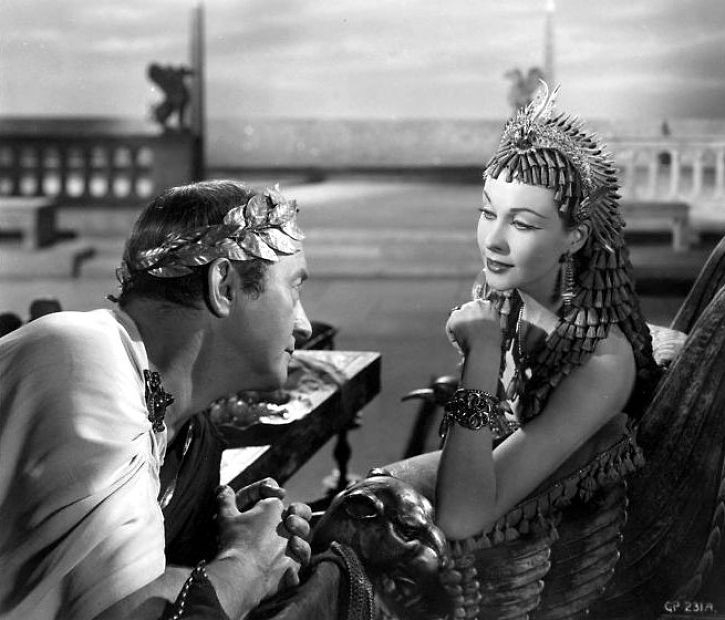
 Amanda S. Stevenson
Amanda S. Stevenson 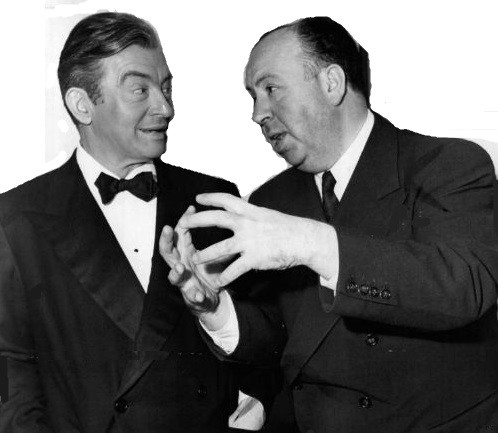
 Amanda S. Stevenson
Amanda S. Stevenson 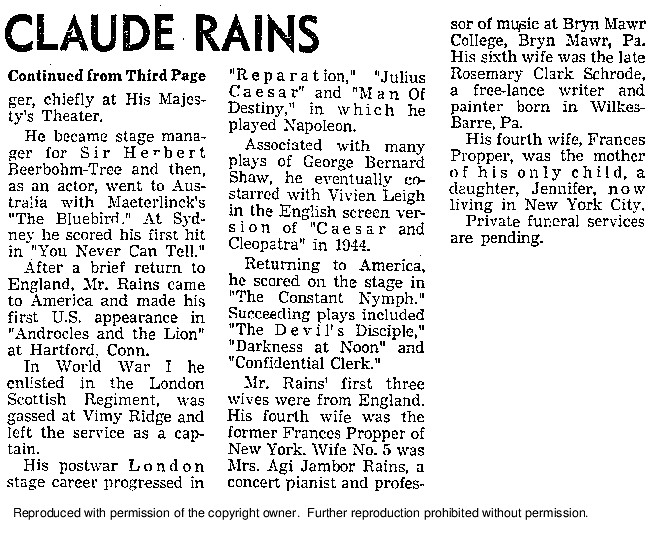
 Amanda S. Stevenson
Amanda S. Stevenson 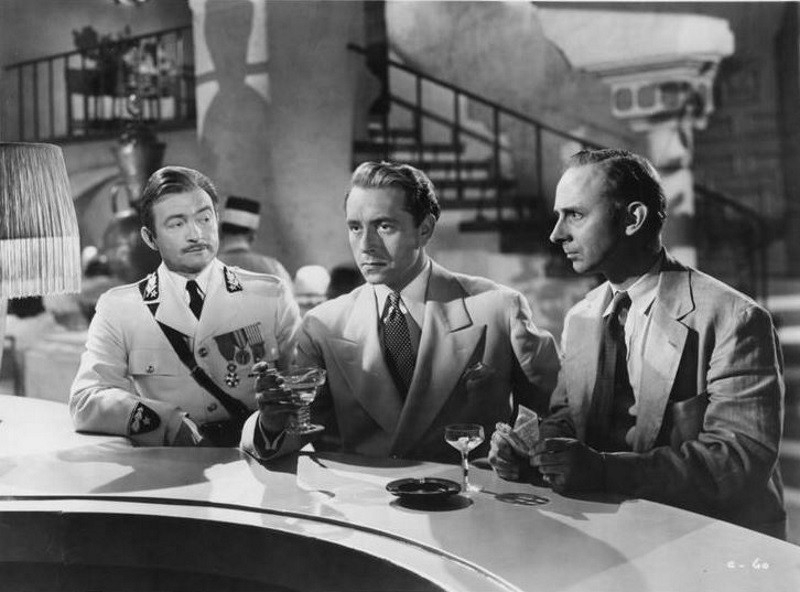
 Amanda S. Stevenson
Amanda S. Stevenson 